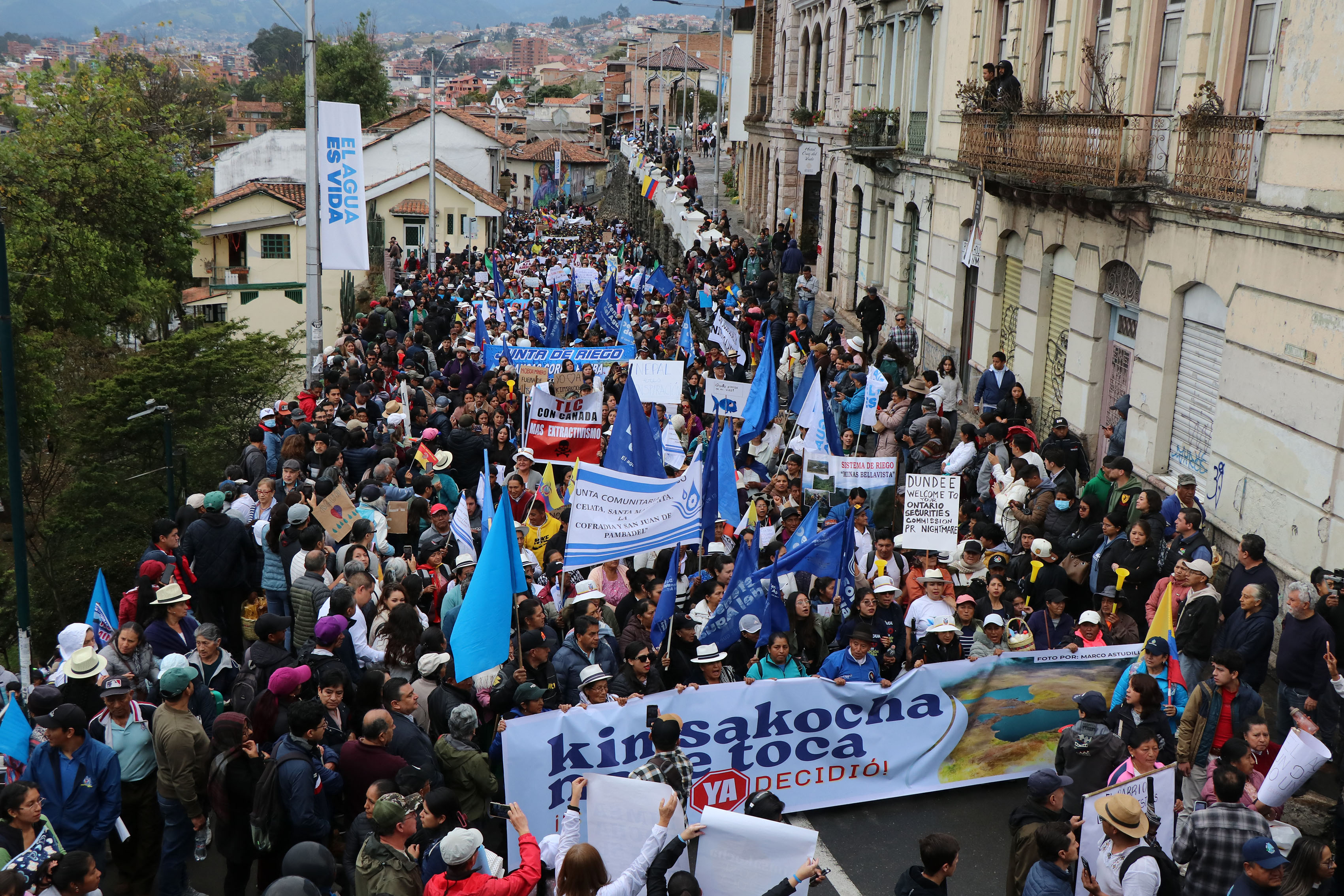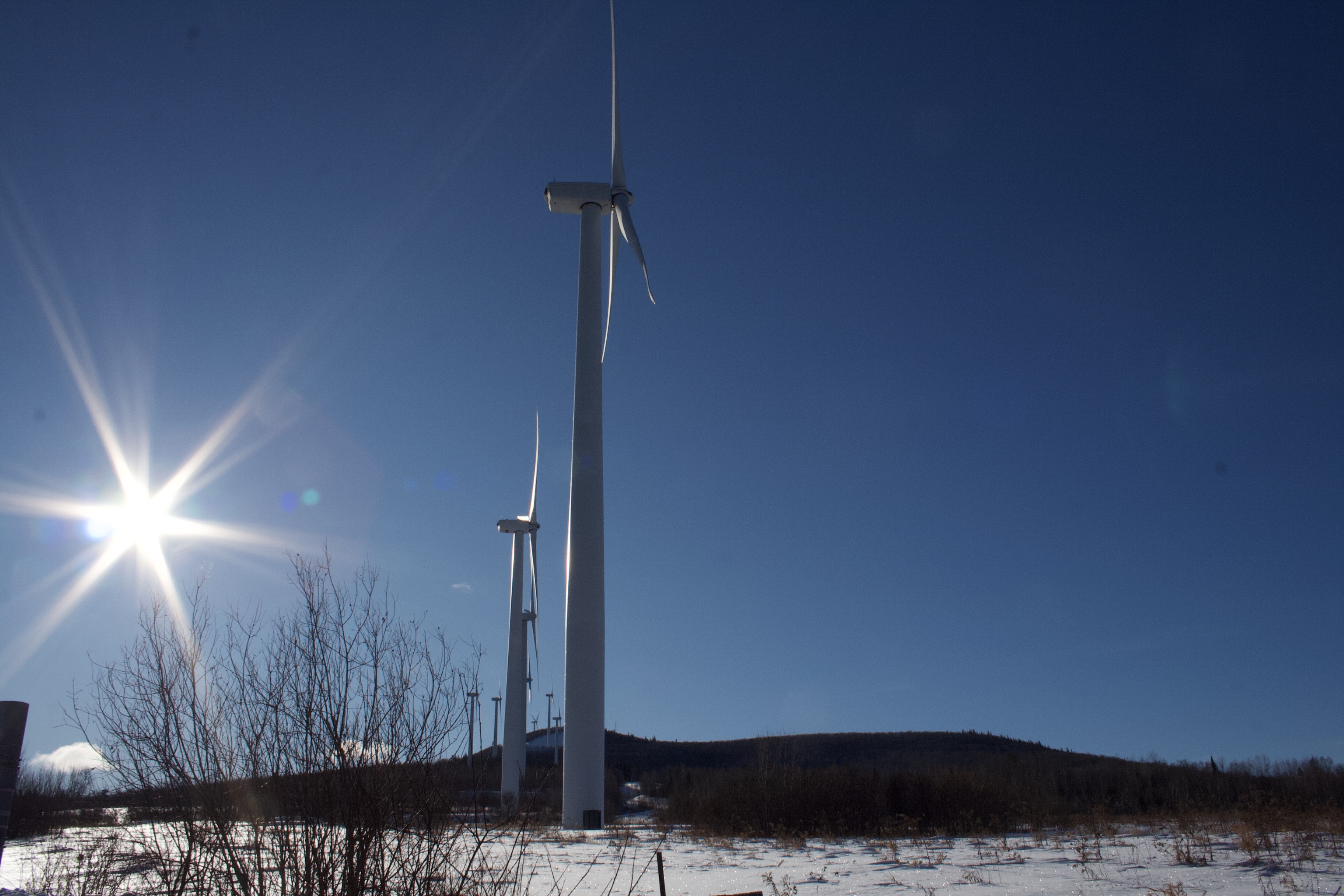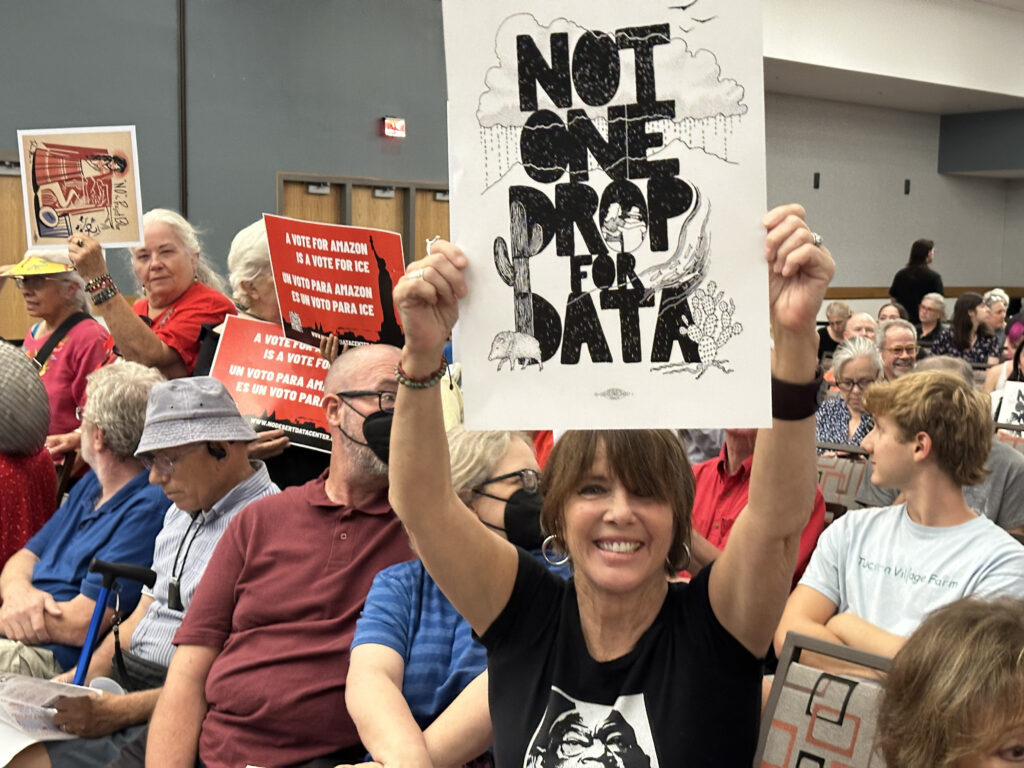As world leaders converge on New York City for September’s United Nations General Assembly, thousands of activists across a range of social movements will gather for what they hope will be the largest mass-mobilization since the “No Kings” protests in June.
The “Make Billionaires Pay” march planned for September 20 will unite climate activists, migrant rights defenders and women’s rights advocates in their demands for climate and social justice. Climate movement researchers say the coalition reflects a growing shift toward intersectional, grassroots mobilization as climate action stalls at the federal level. It is led by 350.org, Climate Defenders, Desis Rising Up and Moving (DRUM) and Women’s March.
The main protest is planned for New York, with simultaneous mobilizations expected across U.S. cities.
“I hope we can scare Trump and his billionaire allies,” said Renata Pumarol, deputy director of Climate Defenders, a multi-racial and multi-generational climate organizing hub. “We need to show them that we are organized, and that there are more of us than them.”
The demonstration marks the two-year anniversary of the “March to End Fossil Fuels” that mobilized 75,000 people in New York during the 2023 climate week. The stakes for this year’s climate week protest seem even higher now, organizers say.
While the 2023 protest focused on Biden-era capitulations to the fossil fuel industry—from the Willow Project in Alaska to permitting drilling on public lands—organizers say the coming demonstrations will focus on confronting Trump and his billionaire allies for accelerating the climate crisis and authoritarian politics.
Over 100 organizations are calling for climate action, migrant justice and economic and gender equity, marking a stark shift for a movement that has been criticized in the past for its traditionally white, middle-class base. Organizers said more groups are expected to join the demonstration.
“We’re in a moment where the threat is so large that it is not useful to have mobilizations that focus on one issue at a time,” said Tamika Middleton, chief political and strategy officer at the Women’s March, a feminist group born from mass mobilizations during Trump’s first term. “We need to look at how these issues intersect with each other.”
Pumarol said the climate movement has had success linking climate inaction to broader systems of economic inequality. She pointed to the “Make Polluters Pay” campaign, which calls for reparations from high-emissions industries. The effort contributed to the passage of climate superfund legislation in Vermont and New York, with similar bills under consideration in several other states.
“The reason why we are targeting billionaires for this march is because we see the growing concentration of economic and political power,” said Pumarol. “They are the class driving fascism and climate chaos, and they have the resources to fund a sustainable future.”
“We’re in a moment where the threat is so large that it is not useful to have mobilizations that focus on one issue at a time.”
— Tamika Middleton, Women’s March
By sustainable future, Pumarol said she means a time not only free from fossil fuel-driven warming but one that also ensures housing security, healthcare and greater social equity. Coalition leaders say the fight goes beyond economic equity and fossil fuels to the displacement and exploitation that follow climate chaos.
“Billionaires are the ones propelling and profiting off the climate crisis,” said Ana Liza Caballes, deputy director of DRUM, a community social justice group led by working-class South Asians. “That includes profiting from displacement itself.”
Communities in the Global South have contributed the least to fossil fuel emissions but face some of the most devastating consequences, forcing many to migrate. According to the United Nations High Commissioner for Refugees, 220 million people have been displaced by climate change in the past decade. However, the majority relocate within their home country.
Those who migrate to the U.S. often encounter discrimination, exploitation and low-wage work, Caballes said.
Reports also show that billionaire-backed corporations profit directly from deportation, through surveillance tech contracts and private prison investments. Today, more than 90 percent of those in ICE custody are held in private detention centers, according to the Transactional Records Access Clearinghouse, a data-gathering and research organization through Syracuse University.
This story is funded by readers like you.
Our nonprofit newsroom provides award-winning climate coverage free of charge and advertising. We rely on donations from readers like you to keep going. Please donate now to support our work.
Donate Now
Women’s March and the broader coalition also want to show that feminism can play a key role in the climate justice movement. According to Middleton, when the Women’s March surveyed their base this year, climate change had jumped to the top of the list of political priorities, surpassed only by reproductive rights and the economy.
“Women and children are incredibly, and often disproportionately, impacted by climate change,” said Middleton. Women face heightened risks during natural disasters, and caregiving responsibilities often leave them carrying the heaviest burdens in their aftermath. Pollution spread by the fossil fuel industry, she added, threatens reproductive health and children’s development.
The challenge of organizing around climate, said Kevin A. Young, an associate professor of history at the University of Massachusetts Amherst, is that the damage caused by fossil fuels is often abstract or delayed for those not on the frontlines of the crisis. Unlike wage theft, eviction or police violence, climate change can feel distant.
“To achieve climate justice or any other social progress, we need coalitions that connect different forms of oppression,” Young said. He added that the climate movement is often effective when it links its demands to issues people confront every day—like housing, racism or gender inequality.
The climate movement has never operated in isolation from other movements, but “in recent years the climate movement has done a particularly good job building solidarity with other social movements and engaging in intersectionality,” said Dana Fisher, director of the Center for Environment, Community, and Equity at American University. Fisher specifically pointed to climate groups’ involvement in the Black Lives Matter protests.
The organizers hope to build on that progress, but coalition building has not yet been successful in combating fossil fuel buildout and growing inequities.
“Solidarity building can’t just happen on the street,” said Fisher. “The question is how do they actually work together, and what do they do besides getting people out on the streets for one day?”
While the organizers understand this protest will not reverse the steady tides of climate inaction and growing social inequities, they hope it will be an entry point for those wanting to become more politically involved. And through training and education initiatives, the organizers hope participants will stay involved.
“A lot of people participating in these marches are brand new to political action,” said Middleton. “It’s an invitation for everyday people to get involved in the fight against climate inaction, fascism and other forms of oppression.”
About This Story
Perhaps you noticed: This story, like all the news we publish, is free to read. That’s because Inside Climate News is a 501c3 nonprofit organization. We do not charge a subscription fee, lock our news behind a paywall, or clutter our website with ads. We make our news on climate and the environment freely available to you and anyone who wants it.
That’s not all. We also share our news for free with scores of other media organizations around the country. Many of them can’t afford to do environmental journalism of their own. We’ve built bureaus from coast to coast to report local stories, collaborate with local newsrooms and co-publish articles so that this vital work is shared as widely as possible.
Two of us launched ICN in 2007. Six years later we earned a Pulitzer Prize for National Reporting, and now we run the oldest and largest dedicated climate newsroom in the nation. We tell the story in all its complexity. We hold polluters accountable. We expose environmental injustice. We debunk misinformation. We scrutinize solutions and inspire action.
Donations from readers like you fund every aspect of what we do. If you don’t already, will you support our ongoing work, our reporting on the biggest crisis facing our planet, and help us reach even more readers in more places?
Please take a moment to make a tax-deductible donation. Every one of them makes a difference.
Thank you,

















